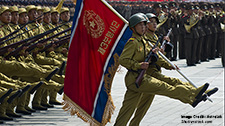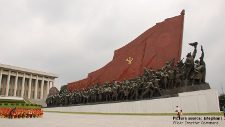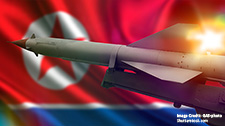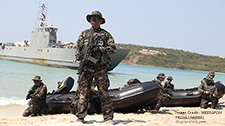Security in the Asia-Pacific: Japan’s Options Amid U.S.-Chinese Tensions
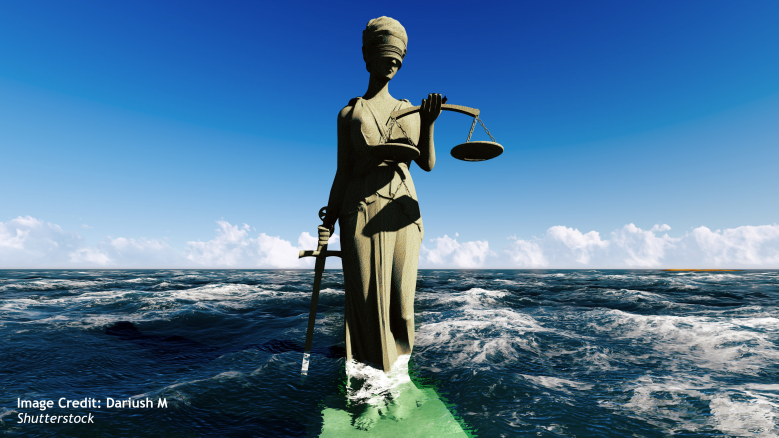
Lars Vargö and Gabor Fabian
Abstract
The first arms control conference in history was held in Washington D.C. a hundred years ago. The Washington Naval Conference focused on the naval capabilities of major actors in the Pacific Ocean and resulted in the Washington Naval Treaty. Signed into law in 1922 by the United States, United Kingdom, France, Italy, and Japan, the treaty limited the construction of new warships and bases in the Pacific. However, within a decade and a half, the treaty had fallen apart as the world hurtled toward a new great war. While East Asia has fundamentally changed over the course of the last century, international treaties continue to play a vital role in maintaining peace and security. For Japan, crafting an effective regional engagement, particularly against the backdrop of heightened tensions between the U.S. and China, means renewing and reaffirming existing partnerships in East Asia and beyond.
Related Publications
-
Will Kamala Harris Reignite Dialogue with North Korea if Elected in 2024?
Quid Pro Quo: Will Controlled Dialogue Make a Comeback? In late August, in her nomination acceptance speech, the U.S. Democratic presidential candidate for 2024, Kamala Harris, unequivocally talked about not cozying up […]
-
Kamala Harris on North Korea: Change or Continuation?
Despite many efforts and different strategies, both previous and current U.S. administrations have been unsuccessful in preventing the Democratic People’s Republic of Korea (DPRK) from developing its nuclear and missile […]
-
Kamala Harris and North Korea: Between Continuity, Pragmatism, and Strategic Realignment
A possible future Harris administration is likely to continue the Biden administration’s approach to North Korea, focusing on sanctions and diplomatic pressure. This strategy may be shaped by broader geopolitical […]
-
‘Strategic Talks’ – A Report by Stockholm Korea Center
In June, the ISDP Korea Center launched “Strategic Talks,” an online series focusing on developments on the Korean Peninsula and regional and international security. The inaugural session on June 4, […]
-
Navigating the Indo-Pacific: How Australia and the EU Can Partner for Peace, Stability, and Prosperity
To navigate the choppy waters of the Indo-Pacific, the EU and Australia must be on the same wavelength regarding shared interests in rules, values, and an open and liberal economic […]
